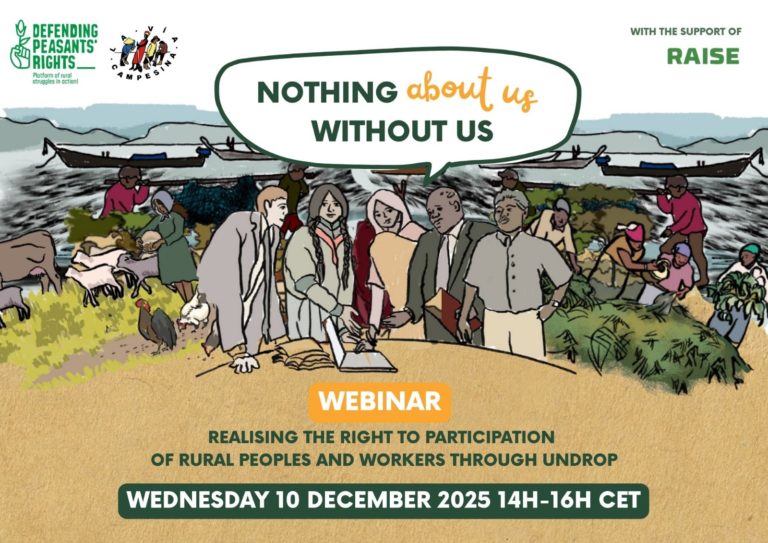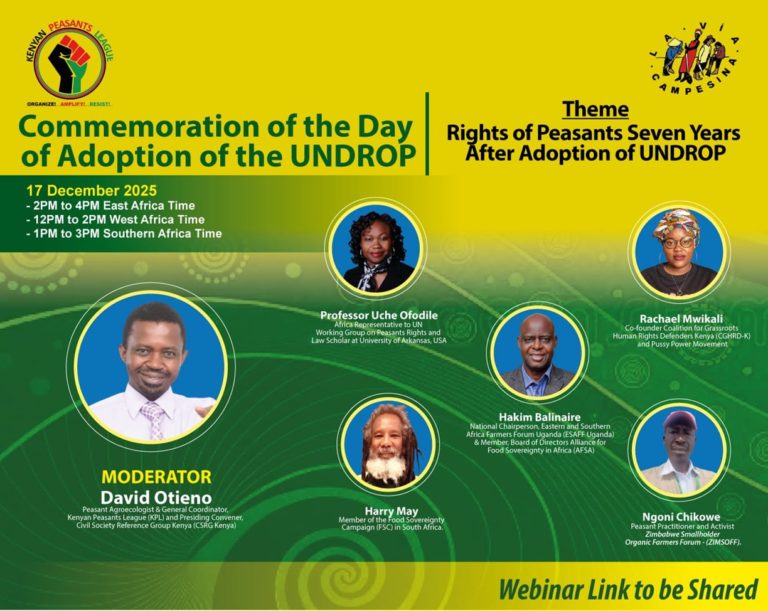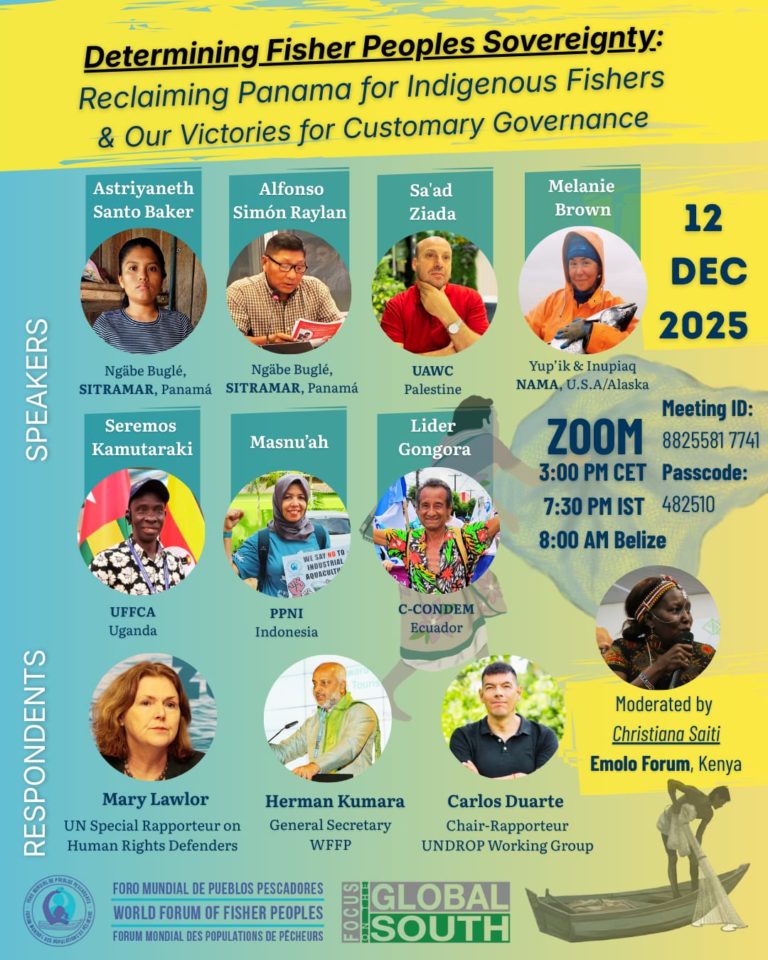Land conflict in times of global change and fragility
| Date: |
25 & 27 November and 9 December 2025
| Time: |
13-15h CET
| More Info & Registration: |
| Organizers: |
HEKS/EPER Land Forum 2025
| Languages: |
English, Spanish, French, Portuguese
Forum Objectives
The Land Forum 2025 aims to:
- Deepen understanding of land conflicts by exploring the complex interconnections between international dynamics, national policies, and local realities.
- Examine key global drivers alongside concrete case studies from the ground.
- Identify entry points for sustainable land use that promote justice, peace, territorial rights, and environmental protection, with a particular focus on the needs of Indigenous Peoples and Local Communities.
- Foster collaboration among academia, policymakers, civil society, and affected communities, creating a vital platform for exchange and action.
Session 1: Global Forces, Local Frictions
Understanding the Global Drivers of Land Conflict
This opening session explores how global forces – geopolitics, economy, security, development, climate and biodiversity action – contribute to local land conflicts.
Keynote insights into geopolitical shifts, rising land pressures and growing instability. We explore global competition for land and emerging drivers of conflict, from climate and agriculture to digitalization. Featuring case input from Brazil and social movement perspectives.
Session 2: Conflict on the Ground – Deep Dive: Country Cases
Zooming into Lived Experiences and Contested Land
This country deep dive focuses on two very different contexts such as Sierra Leone and Palestine/Israel (West Bank, Gaza) and will examine how land-related conflicts are shaped and navigated in fragile and politically charged environments:
For Sierra Leone, we will discuss the impact of the Voluntary Carbon Market on communities’ land rights against the backdrop of Sierra Leone’s new land rights act.
For Palestine, the session explores how land grabs serve not only as acts of territorial control, but as a means of displacing identity and dismantling community continuity. Focusing on two distinct geographies, the session offers globally relevant examples of community resistance in the face of dispossession.
Session 3: Analysis and Ways Forward
Exploring Patterns and Entry points
This final session offers an analysis of recurring conflict patterns and synthesizes insights across cases. The session includes a keynote by Oakland Institute on structural dispossession and relates it to case studies in the previous sessions as well as other cases as Ukraine. A diverse panel of experts from various backgrounds (social movements, academia, INGOs) identifies and discusses entry points for addressing land conflicts in times of geopolitical shifts.





![[WEBINAR] Defending Farmers’ Rights to Seeds: The Role of Judicial Action in Africa — Insights from Kenya.](https://defendingpeasantsrights.org/wp-content/uploads/2026/01/ENG-768x432.jpeg)
